Graham Reid | | 5 min read
The Rolling Stones: Everybody Needs Somebody to Love (1964)
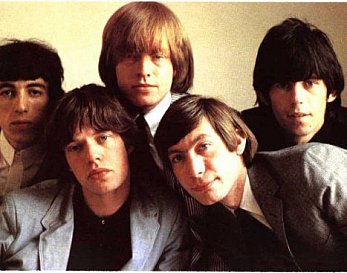
Quite when pop became rock is difficult to pinpoint. It is possible to argue that dark, dense and adult rock has been around for more than 50 years. Think of Ronnie Hawkins' threatening delivery of Who Do You Love with these hard edge lyrics: "I walked forty-seven miles of barbed wire, got a cobra snake for a necktie".
That doesn't sound too far removed from the Rolling Stones' Jumping Jack Flash ("I was born in a crossfire hurricane, and I howled at my ma in the driving rain") or even Bruce Springsteen's Born in The USA ("Born down in a dead man's town, first kick I took was when I hit the ground").
But Hawkins wasn't a pop musician. He was a rock'n'roll rebel and Who Do You Love was a Bo Diddley song from the late Fifties.
It is safe to say the major transition from "pop" to "rock" came somewhere around 1965, and the Rolling Stones were in the vanguard. 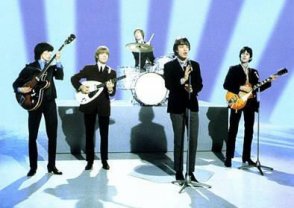
The Stones were, in their early days, a genuine pop band -- albeit one with a foot in the blues. Their singles were aimed at the charts and songs like The Last Time, Get Off My Cloud and Satisfaction were great commercial pop singles.
By the time of the imperceptible shift to rock however -- later obvious in the cultural emphasis of albums over singles -- they were in their mid-20s, a bit battered by the world, a whole lot more cynical, and their musical skills and songcraft had improved.
However even at the start they had a harder edge than most pop bands of the period. Consider what they did with I Wanna Be Your Man, knocked off for them by Lennon and McCartney in half an hour.
The Beatles gave it to Ringo as an upbeat, tuneless album-filler track, but the Stones had it for their second single and ripped into it over a downbeat explosion of dangerous chords then whacked it up as a sneering Chuck Berry rocker as imagined by Phil Spector. It is big and taut, noisy and threatening.
Ringo wanted to take you home to meet his mum, Jagger just wanted to take you.
Yes, the Stones were a different band, even in '63. Where the Beatles drew on r'n'b pop, girl groups and even musicals (McCartney taking his pipes through Till There Was You from The Music Man on the With the Beatles album), the Stones were steeped in the blues. Their heroes included Howling Wolf and Muddy Waters. 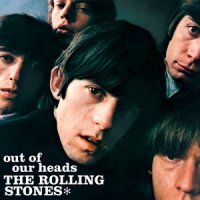
So while the Beatles covered Smokey Robinson, the Stones dug into gritty, urban blues and recorded at Chicago's Chess Studios. That deep well of adult, knowing blues - the same kind Nick Cave, Tom Waits and the White Stripes know intuitively - infected their music, so when they came to write original material there was the inevitable infusion of spirit.
The Beatles could not have written Paint It Black, or Mother's Little Helper which was about mum heading for the prescription pills. So it was a short step from Under My Thumb ("a squirming dog who's just had her day") to the rape and murder fantasy of Midnight Rambler.
The Stones' early years has been offered an overdue reconsideration: 21 of their first albums have been given expensive CD remastering and are reissued in reproductions of their original covers.
If 21 seems a landslide of albums from a decade that was only seven years long for them, the caution is that back then albums came in US and British editions, sometimes with a few tracks different. So in the ABKCO Remastered Series are two versions of Out of Our Heads, Aftermath and Between the Buttons, plus four compilations. 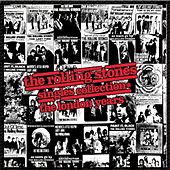
The best collection is the exhaustive, exhausting, three-disc set Singles Collection - The London Years, an in-depth overview (with terrific and revealing sonic reproduction) of their move from grubby club band playing covers like Chuck Berry's Come On, their first hit, to stadium rockers declaiming Sympathy for the Devil.
It is the fascinating journey from pop to rock.
The Stones story of the Sixties -- when their career was nudged, helmed and provoked into headlines by their manager/producer Andrew Loog Oldham -- is also an often dark trip punctuated by classic singles, real oddities (the Metamorphosis compilation cobbled together by former manager Andrew Loog Oldham after the death of Brian Jones includes the deliciously gay-friendly, Spector-like I'd Much Rather Be With the Boys ), heavyweight albums (Let It Bleed and Beggars Banquet which here comes in the original toilet bowl sleeve) and that embarrassing psychedelic digression Their Satanic Majesties Request.
Any way you cut it though, in their fortysomething year this reissue reminds you what an essential, elemental and exciting band they once were.

Outside of the Singles Collection you can't go past their '64 debut England's Newest Hit Makers (US version) which caught them covering Buddy Holly, Chuck Berry, old soul and blues; 12x5 (US album) of the same year connected them with their spiritual home of Chess Studios in Chicago; The Rolling Stones, Now from '65 is the closest you can get to the Essential Elsewhere album The Unstoppable Stones; and Aftermath from '66 (UK version) is the darkening stuff.
By the fascinating Between the Button (UK version) of early '67 they were becoming more jaded and turning away from pop and even the blues. They seemed lost, until they reconnected with their blues roots after the psychedelic error of Their Satanic Majesties Request in late '67 (which admittedly has its moments; Citadel and 2000 Light Years From Home). 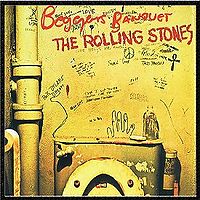
But it was when they became a swaggering, menacing blues-rock band for Beggar's Banquet in '68 and Let It Bleed the following year, two essential Stones albums from the Sixties, that they found their adult footing.
Their live album Get Yer Ya-Ya's Out! captured them at their earthy best at Madison Square Garden in '69.
The Rolling Stones were snotty and loud, played short, sharp songs, offended lots of people and made timeless, urgent pop -- and then seminal rock.
Sound like your kinda band?
Then boy, have we got some albums for you.
Want even more of the Rolling Stones on CD reissue? Then check out The Rolling Stones in the Seventies: The decade of decadence and The Rolling Stones 1981 to Now. Or follow the many stories under this link to The Rolling Stones.

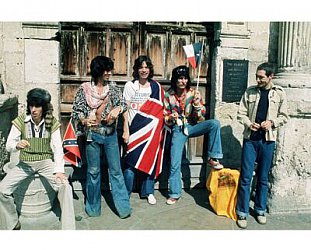
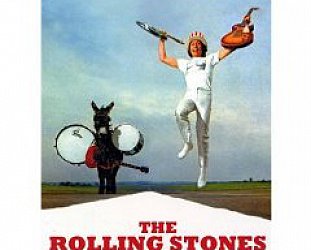

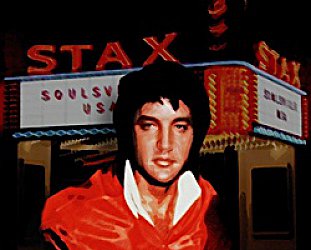
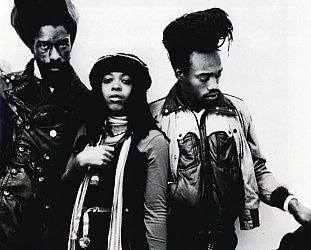
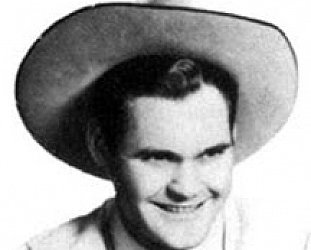
Larry - May 27, 2009
Great post! Wonderful reading of these songs and how the Stones worked their magic.
SaveAny chance we could cross post this on our website
and give you credit etc. Do some blog reciprocity as well.
Thanks
Larry
Paul Rowe - Jun 2, 2009
Your first comment is very interesting - the split of Rock from Pop music in 1965... I've been thinking about it quite a lot because currently on high rotate on my ipod is the Dylan and the Band at Manchester Free Trades Hall in 1965, which is a pretty feral performance. I'm not sure but it might be the concert Scorcese puts all through No Direction Home, with the heckling from the audience and stuff. Hendrix's arrival in Britain is prob fairly important too, but I think that came a bit later (1966?).
Savepost a comment